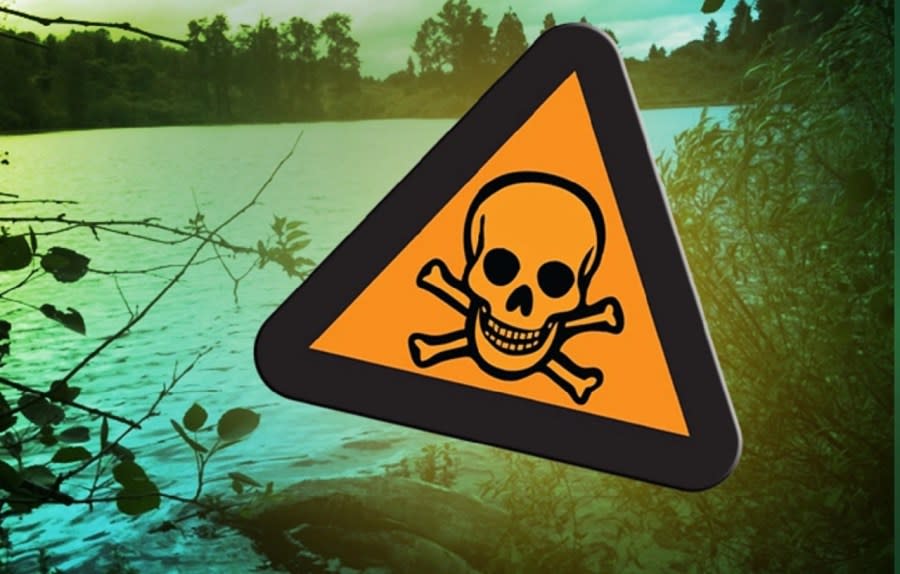One Kansas lake added to KDHE blue-green algae advisory

WICHITA, Kan. (KSNW) — The Kansas Department of Health and Environment has added one lake in Kansas to its blue-green algae advisory.
The KDHE updates its blue-green algae advisory weekly, and added Clinton Lake in Douglas County to the watch list.
Harvey County East Lake remains in a warning advisory, and Lake Shawnee in Shawnee County is still on the watch list as well.
A warning status indicates that conditions are unsafe for human and pet exposure. Contact with the waterbody should be avoided.
A watch status means that blue-green algae have been detected and blue-green algae is present or likely to develop. People are encouraged to avoid areas of algae accumulation and keep pets and livestock away from the water.
Wichita cyberattack update: What residents need to know
During the watch status, KDHE recommends the following precautions be taken:
Signage should be posted at all public access locations.
Water may be unsafe for humans/animals.
Avoid areas of algae accumulation, and do not let people/pets eat dried algae or drink contaminated water.
Swimming, wading, skiing, and jet skiing are discouraged near visible blooms.
Boating and fishing are safe. However, inhalation of the spray may affect some individuals. Avoid direct contact with water, and wash with clean water after any contact.
Clean fish well with potable water and eat fillet portions only.
A warning status indicates that conditions are unsafe for human and pet exposure. Contact with the waterbody should be avoided.
When a warning is issued, KDHE recommends the following precautions be taken:
Signage should be posted at all public access locations.
Inhalation of spray or aerosols may be harmful.
Lake water is not safe to drink for pets or livestock.
Lake water, regardless of blue-green algae status, should never be consumed by humans.
Water contact should be avoided.
Fish may be eaten if they are rinsed with clean water and only the fillet portion is consumed, while all other parts are discarded.
Do not allow pets to eat dried algae.
If lake water contacts the skin, wash it with clean water as soon as possible.
Avoid areas of visible algae accumulation.
A hazard status indicates that an HAB is present and extreme conditions exist.
Signage should be posted at all public access locations.
It is recommended that either a portion of the lake or the entire lake or zone be closed to the public.
In some cases, the adjacent land should be closed as well. Actual setback distances will be determined on a site-specific basis, if necessary.
When partial closures (i.e., beach or cove) are issued, the remaining lake or zone area will carry a warning status.
KDHE investigates publicly accessible bodies of water for blue-green algae when the agency receives reports of potential algae blooms in Kansas lakes. Based on credible field observation and sampling results, KDHE and KDWP report on potentially harmful conditions.
If you observe a scum or paint-like surface on the water, small floating blue-green clumps, or filaments in the water, or if the water is an opaque green, avoid contact and keep pets away. These are indications that a harmful bloom may be present.
Pet owners should be aware that animals that swim in or drink water affected by blue-green algae or eat dried algae along the shore may become seriously ill or die.
For the latest news, weather, sports, and streaming video, head to KSN-TV.

